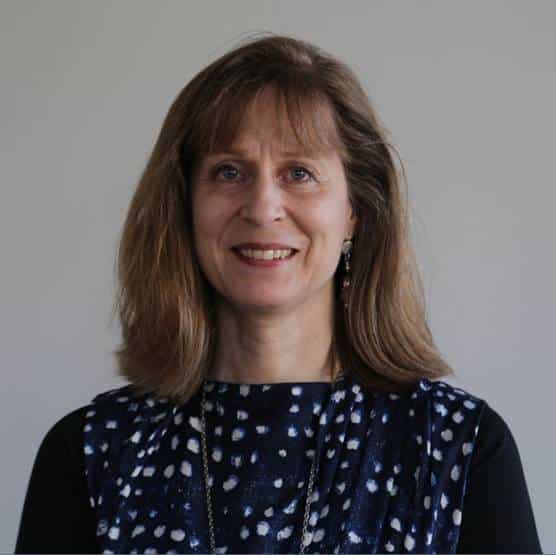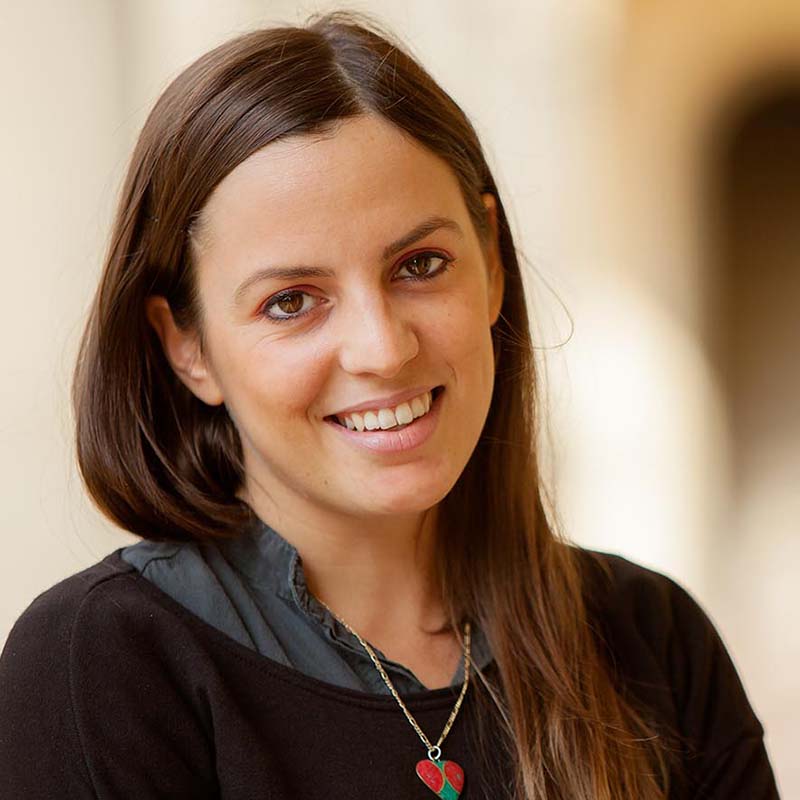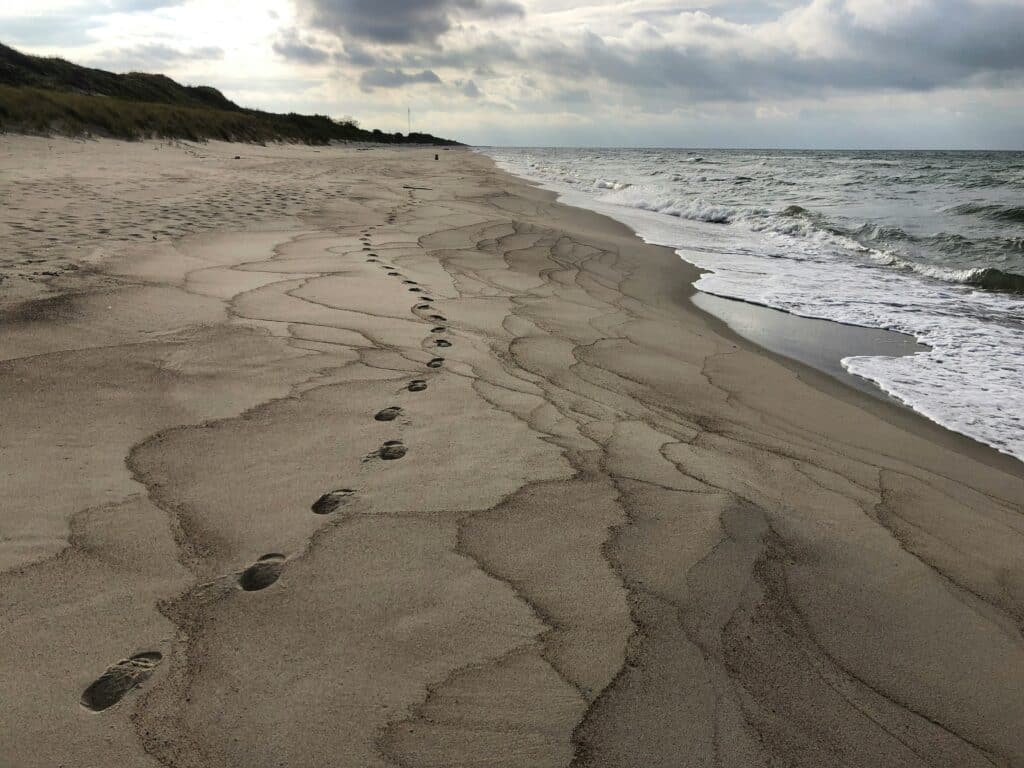Regulating the future: C. Sikow-Magny on her new role as European Coordinator
This is the third installment of the Topic of the Month: Reflections on Draghi's report
The Draghi Report emphasises the need for a more integrated and competitive European economic framework, highlighting infrastructure development and trans-European networks as key enablers of economic growth and cohesion. In close connection with these objectives, we welcome the appointment of FSR Part-time Professor, Catharina Sikow-Magny as the new European Coordinator for the Baltic synchronisation project.
As part of the school’s commitment to fostering a deep understanding of key regulatory issues, we caught up with Catharina to explore what this appointment means for the future of European policy, how her extensive experience prepares her for the role, and how FSR can support her ongoing work.
Hello Catharina, and congrats!
Could you explain what is a European Coordinator, and what does the role entail?
As the new European Coordinator for the Baltic synchronisation project, I will be responsible for facilitating the implementation of the project, which is a Project of Common Interest (PCI) under the TEN-E Regulation. This would mean bringing together and facilitating cooperation between the Member States concerned, the project promoters and other relevant stakeholders to ensure the timely and successful implementation of the project.
In short, I see the role of the European Coordinator in three main areas: implementer of the very important PCI of the Baltic synchronisation; consensus builder on any challenging issues that may arise during the implementation; and by doing so, facilitator of regional cooperation with a forward-looking approach”.
What past experiences have prepared you for this role?
“I would say it is more than 15 years of experience in the energy sector with a focus on infrastructure, markets and regional cooperation. In particular, my work on trans-European energy networks and PCIs, including in the Baltic Sea region, a strong interest in understanding the nitty-gritty of technical details and state-of-the-art research, and being driven by results that cannot be achieved without close cooperation with all stakeholders.
Here I could highlight my first FSR policy brief on making TEN-E a truly European project, which assessed the recommendations of the so-called Draghi report on European competitiveness as they relate to networks. “
What are your plans and priorities in this new role?
The second priority, which is already underway, is to analyse the state-of-play of implementation, possible hurdles and risks and then to devise an action plan on the way forward, including issues on financing, tendering, geopolitical risks, protection of the infrastructure, etc. This work will benefit from close cooperation with the EU Agency CINEA which I know can provide useful insight into the implementation status of the projects, problems encountered and expectations for the future.
And the third priority is to work hard and have fun at the same time!”
How Can FSR Support You in Your Role?
Learn more
Catharina’s recent policy brief, “Making TEN-E into a truly European project”, highlights several key areas of research that will be crucial for her work. This Policy Brief starts by presenting the EU’s policy framework for energy grids, compares the elements therein to those proposed in the Draghi report and concludes by summarising the proposed improvements to the EU policy framework and raises a number of questions where more information or research would be useful to inform policy development. Read more







